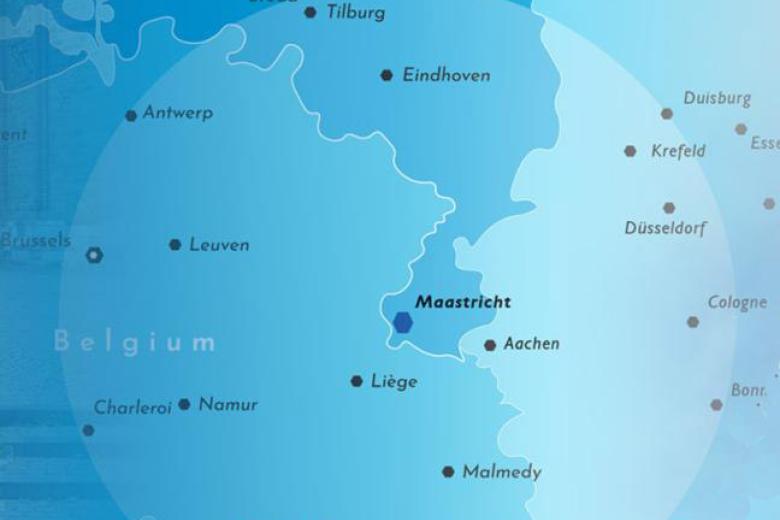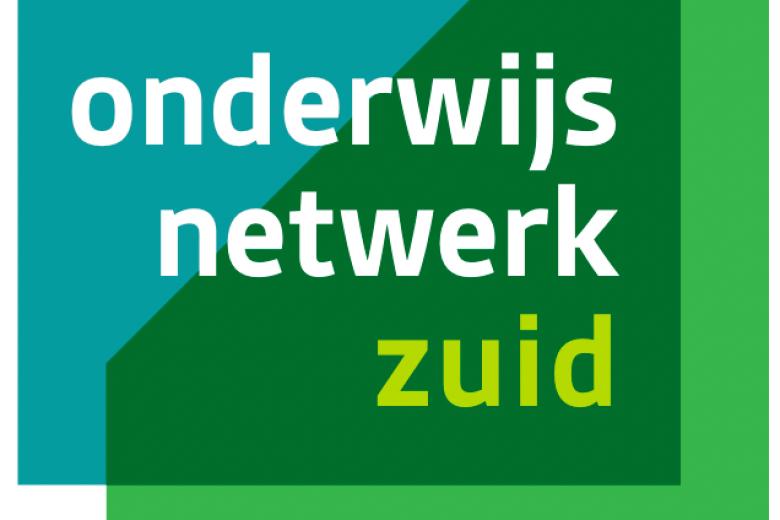Extracellular vesicles for cardiovascular therapeutics
In this landmark review, group da Costa Martins and collaborators outline the endogenous properties of EVs that make them natural delivery agents as well as the features that can be improved by bioengineering.
We also discuss the therapeutic applications of native and bioengineered EVs to cardiovascular diseases and examine the opportunities and challenges that need to be addressed to advance this research area, with an emphasis on clinical translation.
Extracellular vesicles are a heterogeneous group of natural particles that are relevant to the treatment of cardiovascular diseases. These endogenous vesicles have certain properties that allow them to survive in the extracellular space, bypass biological barriers and deliver their biologically active molecular cargo to recipient cells. Moreover, EVs can be bioengineered to increase their stability, bioactivity, presentation to acceptor cells and capacity for on-target binding at both cell-type-specific and tissue-specific levels.
Also read
-
DigiMach places Meuse-Rhine Euroregion at the heart of industrial digitalisation
DigiMach (Digital Machining) is a new cross-border project uniting Belgium, Germany, and the Netherlands around a common goal: accelerating the digitalisation of the machining industry in the Meuse-Rhine Euroregion.
-
A strong education network for Brabant and Limburg: better alignment, less dropout
On November 24, 2025, secondary schools (VO) and higher education institutions (HO) in Brabant and Limburg signed up for the Education Network South Netherlands: one VO-HO network that will improve the flow of students to further education and reduce dropout rates.
-
AMIBM hosts the final Realise-Bio conference
The Aachen Maastricht Institute of Biobased Materials (AMIBM ) hosted last week the third and final Realise-Bio annual conference , bringing together the Dutch and German bioeconomy ecosystems at the Brightlands Chemelot Campus .